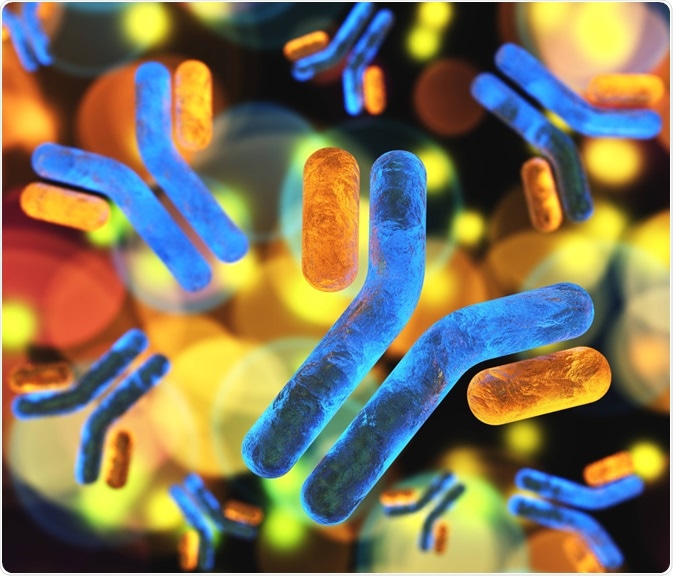Recent developments in biotechnology have made it possible to modify biological molecules for use in medicine, such as recombinant hormones and growth factors, monoclonal antibodies (mAbs), and vaccinations.
These medications, also known as biotherapeutics, are typically proteins or polypeptides with >40 amino acids that have been bioengineered to create their active components. A sizeable share of new treatments are now approved under this broad category, which covers medications for a wide range of purposes. Due to their great specificity, monoclonal antibodies in particular are a useful tool for offering tailored therapy. The FDA authorized 46 medications in 2017, 22 of which were biotherapeutics, 10 of which were mAbs.
To ensure patient safety, biotherapeutics must be completely described before going on the market, much like with conventional small molecule medications. In fact, since protein-based medicines have the potential to provoke an immunological response, this is particularly crucial. There is a lot of room for structural changes in biological therapies because of their complexity and susceptibility to denaturization. It is crucial that biotherapeutics can be thoroughly examined because even the tiniest alteration can have a big influence on both function and immunogenicity. Additionally, there is more room for structural variation due to the complicated manufacturing process for biotherapeutics. Making sure that only properly formed and conjugated product enters the supply chain is crucial.
The slightest structural changes in a protein can have serious efficacy and safety concerns. In addition, there is considerable potential for contamination with degradation products and unconjugated precursors, which could give rise to adverse effects. Such safety concerns led to the introduction of regulatory requirements for each component of a biotherapeutic to be isolated and individually characterized.
The powerful separation capabilities of ultra-high-performance liquid chromatography (UHPLC), combined with its speed and good resolution, makes it a valuable tool for the detailed characterization of biopharmaceuticals. Atis Chakrabarti of Tosoh Bioscience LLC will be giving a presentation at Pittcon 2019, “Different Modes of Analytical Chromatography Techniques for the Characterization of Biomolecules”, in which he will explore the use of different chromatographic modalities in the characterization of mAbs.





